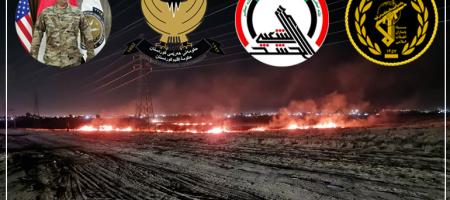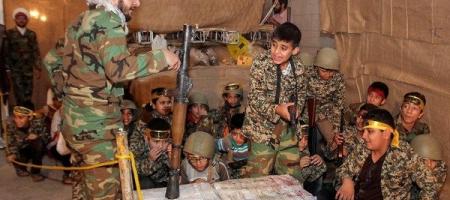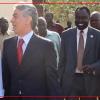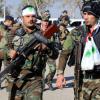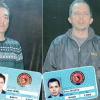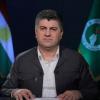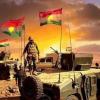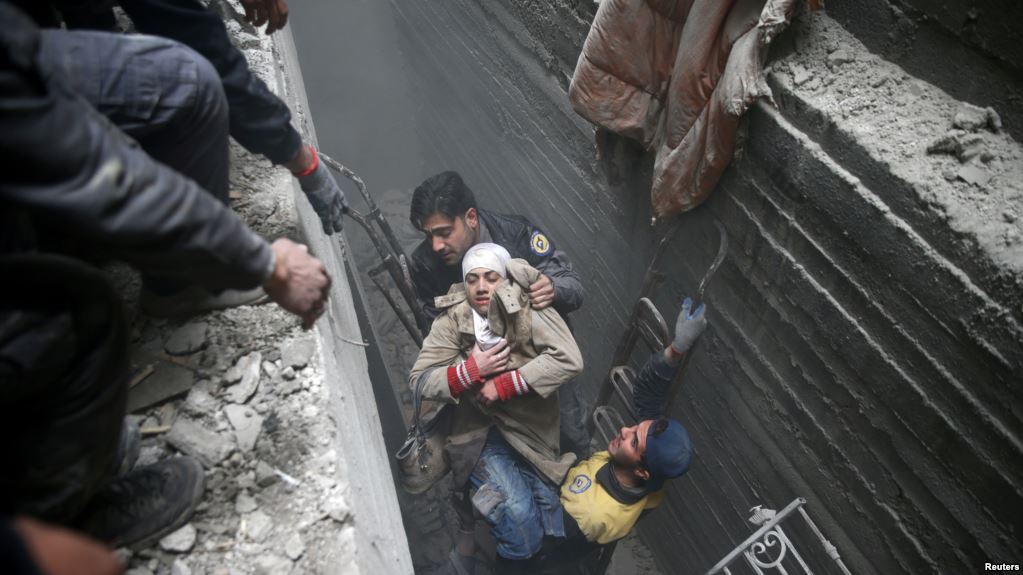
Syria Civil Defense members help an unconscious woman from a shelter in the besieged town of Douma, Eastern Ghouta, Damascus, Syria, Feb. 22, 2018.
Syrians in Ghouta Tweet for Their Lives as Bombs Rain Down
“For God’s sake help us!” reads a message on Twitter attached to a video showing two small girls, bleeding and crying in a smoky, chaotic house. It is part of a social media campaign surrounding the crisis in Ghouta, Syria, where more than 400 civilians have been killed in the past six days, according to Human Rights Watch.
“I’m in the center of the city,” said Mahmoud Bwedany, a 20-year-old activist and student in Ghouta, speaking on a Whatsapp call Friday evening from the basement of the building he used to live in. “I’m not near the front line but two days ago a mortar hit 3 meters away from our building.”
“The children were crying out loud,” he added. “I didn’t see any guns they were holding.”
Online, hundreds of messages, many including pictures of dead children, emerged in a “Twitter Storm” on Friday, an event designed to raise awareness. If the assault on Ghouta continues, activists say this could be the beginning of a devastating new chapter in Syria's 7-year-old civil war.
“They are literally targeting everything that moves,” said Adnan Hadad, a Syrian media activist in direct contact with civilians in Ghouta. “There is no shortage of news, videos and still photos. But people feel that the world is just sitting there, watching them dying.”
International war
Eastern Ghouta, about 15 kilometers from Damascus, is held by opposition fighters and has been under siege by Syrian government forces since 2013, HRW says.
More than 13 hospitals have been hit in the recent bombardments, and activists say they fear that if Syrian and Russian forces continue to cause mass civilian casualties in Ghouta, they will proceed to take other opposition-controlled areas in a similar fashion.
Russia’s envoy to the U.N., Vassily Nebenzia, disputes claims of mass civilian casualties, calling them rumors as a result of “mass psychosis in global media outlets acting in coordination.”
Iranian and Russian media accuse the Western press of ignoring the casualties caused by fighters in Ghouta lobbing rockets into Damascus. Iran, also allied with the Syrian government against rebel groups, has called for a de-escalation of the violence, but blames it on “terrorist groups,” according to Iranian broadcaster, Press TV.
Reacting to the fighting in Syria, U.S. President Donald Trump said Friday, "What Russia and what Iran and what Syria have done recently is a humanitarian disgrace." He made the comments during a press conference at the White House, adding, "What those three countries have done to people over a short period of time is a disgrace."
Online activists beg, plead and try to shame the world into hearing their message.
One professional-looking series of photos shows individual world leaders juxtaposed to photographs of carnage in Syria, reading, “What are you doing for Ghouta except observing the Genocide?”
But activists say their calls have done little to stop the violence. The United Nations has repeatedly failed to broker a cease-fire, and the Syrian government insists it is fighting terrorists, not opposition groups.
And even if a cease-fire is reached, it may not de-escalate the violence, according to Bwedany, the activist who has been living in the basement with about 30 of his neighbors since the assault began.
Beyond a cease-fire agreement, the international community needs to “make sure that they respect it and fulfill what they agreed," he said.


